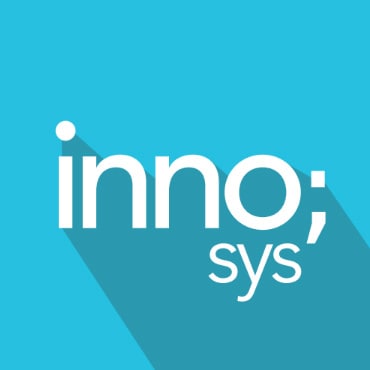Kiba ETL is easy to get started, yet can be used both for simple and complex projects, including:
- Data integration (e.g. batch synchronization between 2 systems)
- Data aggregation pipelines (e.g. take multiple sources, build a well structured, queryable database)
- Construction/update of datawarehouses & OLAP-structured databases
- Business Intelligence reports
- Data consolidation reports (e.g. VAT reports based on bank accounts)
- Large data migrations (e.g. migrating from MySQL to Postgres)
Kiba can be used both in existing Ruby/Rails apps or as a standalone ETL tool. It is quite often used to replace point-and-click ETL tools such as Microsoft SSIS or IBM DataStage by a code-based, modular & versioned approach.
Don't listen to us, though, and instead read what some of our users have to say!

“Kiba and Kiba Pro helped us with our biggest database migration from MySQL to Postgres, by reducing the migration time from couple of days to less than one hour, all while increasing data quality. We're now also using Kiba Pro to build and update our internal datawarehouse, with full in-house control of the data flow.”

“Kiba is our preferred ETL solution. It is a real win both in terms of quality and processing time of our clients' data. We use it as a lower TCO replacement of IBM DataStage and to build data extensions for BMC Remedy.”
“I work for a healthcare software company. We use Kiba as our main ETL framework. It processes millions of rows per day of data and never skips a beat. (...) Great framework and very flexible.
We used Microsoft SSIS previously and our Kiba framework blows SSIS out of the water beyond belief.”

“We've done some pretty great data-driven (i.e. dynamic) ETL pipelines for user controlled importing. Also used Kiba to handle importing from Jira to populate points on a map. Woulda been hellish without Kiba.”

“Kiba is a real treat. We use it a lot to process BI pricing data and deliver reports to clients.
Kiba allows us to structure complex data parsing workflows in reliable and reusable ways. We run millions of rows through it each week to integrate and normalize data from over 100 sources to power our B.I. products and generate client reports. It's rock-solid because of its simplicity. It's great for data projects small and large.”

“Kiba balances flexibility with utility pretty well. Kiba's strong points are in its modularity & structure. Separating each of the operations into their own (usually easily testable) classes means you have code that can be more easily modified by a team of people. The Kiba API model for sources, transforms, and destinations saves you from thinking about how you need to structure that aspect of your app.”
All sales come with a two week, 100% money back guarantee.
Need to embed/distribute Kiba Pro to your customers?
Read the Commercial FAQ.